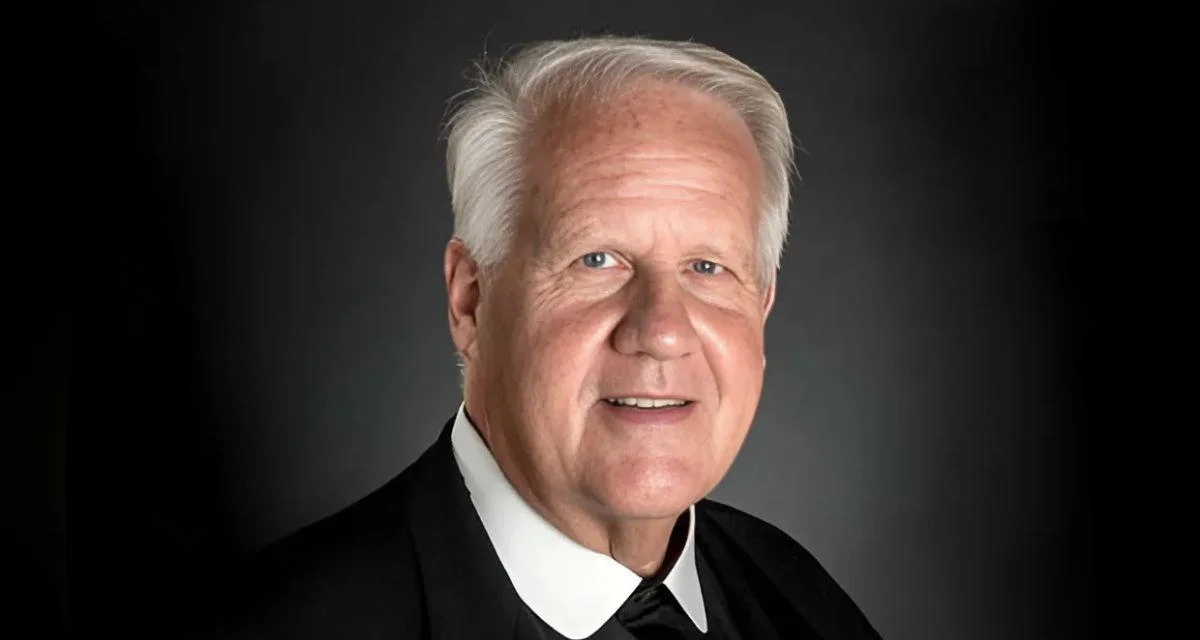
Bishop Thomas John Paprocki | Diocese of Springfield
Neuralink, the company founded by Elon Musk, has recently made headlines with its announcement of receiving approval to implant wireless brain-computer interfaces (BCI) into human volunteers. BCIs are neural devices that translate a person's brain activity into external responses, allowing individuals to control external devices, such as prosthetic limbs, through their thoughts.
The primary goal of Musk's study is to empower people with paralysis to regain control of their bodies by using their thoughts to operate external devices, particularly computers. While this objective is undoubtedly commendable, it is important to consider the potential ethical implications and future uses of BCI technology.
Professor John Donoghue, a renowned expert in the field, emphasizes the need for ethical discernment when discussing the use of BCIs. Donoghue, who works at Brown University, shares his perspective on the matter by recounting an encounter with an engineer who expressed interest in having a "third thumb" through BCI technology. Donoghue acknowledges the allure of such enhancements but questions their practicality and purpose, stating, "I don't want to implant electrodes into people so they can be better gamers. I always challenge all of these ideas because I don't see what it gets you. But I don't dismiss it, either... that is what is driving people. It's the cool factor, that you could have this new interface."
While the restoration of lost function through BCIs offers obvious benefits, the enhancement of individuals' abilities beyond their natural talents raises ethical concerns. The distinction between "therapies" and "enhancements" is often used to differentiate acceptable uses from potentially problematic ones. However, this distinction may not be sufficient in all cases.
Consider a hypothetical scenario in which a brain implant improves the memory of a person with advanced dementia to a level similar to their pre-dementia state. This same implant, however, could confer a new ability, such as a photographic memory, to a healthy individual. Should the use of this device be considered ethical for the dementia patient but not for the healthy person? These questions highlight the complexities of distinguishing between therapeutic and enhancement applications of BCIs.
Another example involves BCIs that enhance hand-to-eye coordination and motor control for Parkinson's patients with movement deficits. These same BCIs could also improve the acuity and coordination of healthy athletes, allowing them to perform even better in their respective sports. Should the use of BCIs be permissible for the patients but not for athletes? What if the therapeutic implant not only restores the patient's ability to move but also grants them the ability to play a sport professionally, something they could never do before?
As BCIs become more advanced, they have the potential to capture and interpret more intimate aspects of a person's thoughts. This raises concerns about the privacy and confidentiality of neurodata collected by these devices. Just as other medical information is protected, the collection and storage of brain data from BCIs should also be safeguarded to ensure mental privacy.
The potential for coercive scenarios involving BCIs is another area of concern. For instance, if students were equipped with BCIs that monitor their attention in class, or if workers in a factory were monitored for lapses in attention, it could have implications for personal autonomy and privacy. Additionally, the non-voluntary implantation of BCIs, enabling control of individuals without their consent, raises ethical questions about the violation of personal autonomy.
The moral implications of neuroimplants also extend to the degree of interference with human autonomy. While BCIs can be used therapeutically to help individuals overcome addiction or other compulsive behaviors, adjusting the settings could potentially create experiences far more intense than any illegal drug. This raises concerns about the enslavement of future generations through novel addictive behaviors.
In conclusion, while BCIs hold significant potential for medical and therapeutic advancements, there are also potential risks and ethical concerns associated with their use. Careful ethical discernment is crucial in determining the selective deployment of this technology. As Father Tadeusz Pacholczyk, a neuroscience doctorate holder and Senior Ethicist at The National Catholic Bioethics Center, rightly emphasizes, "Making sense of bioethics will be essential going forward."





 Alerts Sign-up
Alerts Sign-up